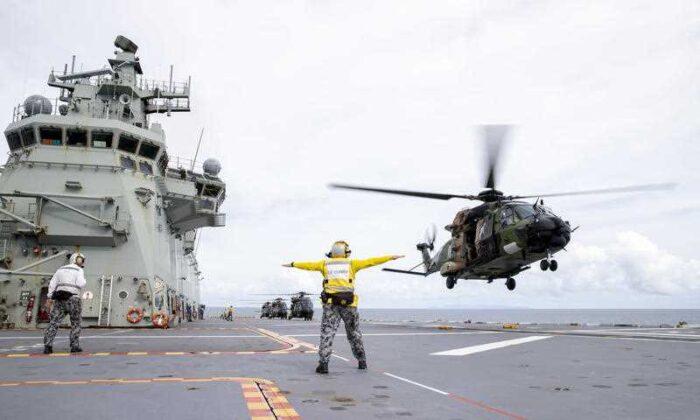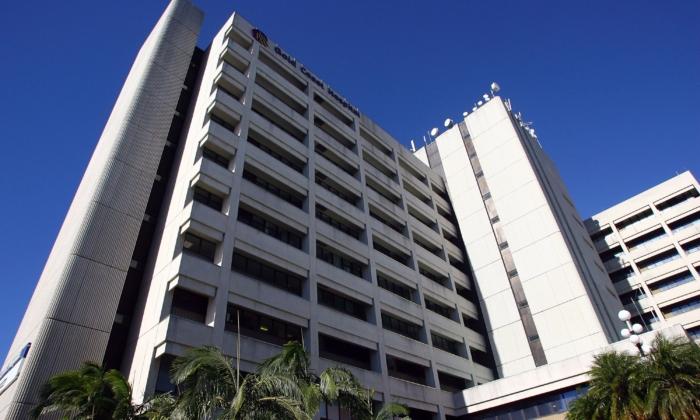A new security deal between Australia and Fiji will provide both countries with a framework to counter and respond to “common security challenges” in the Pacific.
While no explicit reference to China was mentioned, both The Australian and Fijian Defence ministers—who signed the “Status of Forces Agreement” on Oct. 20—said the new deal marked an “important milestone” in the defence relationship.
“We share an interest in a peaceful, secure and resilient Pacific and need to work together to effectively respond to common security challenges—both traditional and non-traditional,” Australia’s Defence minister Richard Marles said in a statement.
Fiji’s Defence minister Inia Seruiratu said the agreement also marked “a new height of security cooperation between our two nations.”
This follows Australia’s push to seek closer defence ties with Papua New Guinea, Tonga, and Fiji—to counter China’s growing influence in the region.
“Now’s the time to be close to friends,” Australia’s defence minister Richard Marles told reporters in Fiji on Oct. 20.
Marles said that the legal framework provided under the agreement was “rare” between both countries, particularly in relation to defence.
“We don’t have many of these, and it speaks to how close our relationship is with Fiji,” Marles said.
“It is a very, very significant step.”
Under the agreement, both defence forces will have a closer working relationship while building “interoperability” and capabilities in the process.
The agreement also covers immigration and customs, arrangements for visiting forces to wear uniforms while in the other country, and criminal and civil jurisdiction over visiting forces while in the other country.
“The status of forces agreement will make it easier to deploy to each other’s territories at times of need,” Marles said.
Marles also spoke of the assistance provided to each country when it came to natural disasters, such as the Australian bushfires and floods and the recovery efforts in Fiji following Tropical Cyclone Yasa.
“This Agreement reflects the increased cooperation between our forces to address traditional and non-traditional security threats, including climate change, humanitarian crises and disasters,” Seruiratu said in a statement.
Boost to Pacific Islands’ ‘Interoperability’
On Oct. 18, South Pacific defence ministers met in Tonga to discuss emerging and existing security challenges posed in the Pacific, as well key policy developments and collective responses to regional security challenges.Tongan Prime Minister Hu’akavameiliku said as the region faces “growing traditional and non-traditional security threats,” South Pacific Islands are better able to respond when the nations “collaborate, share information and enhance interoperability.”
Marles, who attended the meeting—along with the defence ministers’ from PNG, New Zealand, Fiji, and representatives from New Caledonia and Chile—also echoed Hu’akavameiliku statement saying that the “Pacific family” is stronger when nations respond together.
Tonga, Fiji, and Papua New Guinea, who are members of the South Pacific Defence Ministers’ Meeting (SPDMM), are the only Pacific Island nations with militaries. Australia, New Zealand, France and Chile are also members of the SPDMM with militaries.
The Solomon Islands, which doesn’t have a military, signed a controversial security pact with Beijing in May that would allow Chinese naval vessels to replenish there.
Beijing has also donated significantly to Fiji and PNG’s militaries. Meanwhile, Tonga has debts owed to Chinese banks and has received emergency relief from the Chinese military.






Friends Read Free